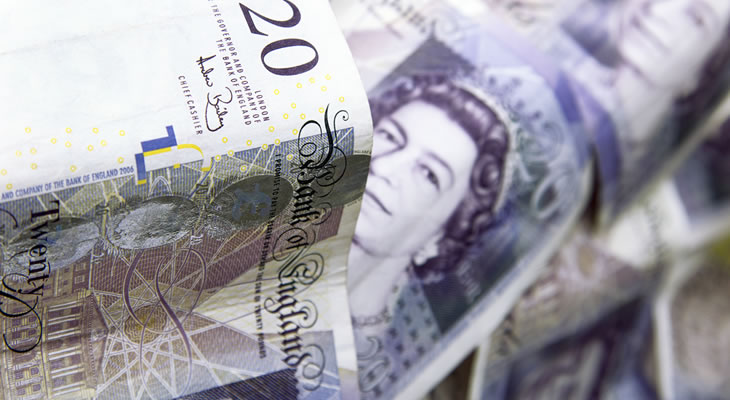The Pound rallied strongly in the wake of comments from Bank of England (BoE) chief economist Andy Haldane, who proved unexpected hawkish in tone.
As Haldane is generally considered the most dovish member of the Monetary Policy Committee (MPC) this shift in outlook proved particularly encouraging to investors.
GBP exchange rates surged higher as markets rapidly reassessed the odds of interest rates rising in the coming months.
While BoE Governor Mark Carney maintained a more neutral view on monetary policy in his Mansion House speech the balance of the MPC nevertheless appears to be tilting towards a tightening bias.
Although worries remain over the fact that the Conservatives still do not have a confidence and supply arrangement in place with the controversial Democratic Unionist Party (DUP) this was not enough to hold back Sterling.
However, the Pound US Dollar exchange rate may struggle to hold onto its gains as Brexit negotiations continue.
Theresa May’s government is continuing to adopt a generally hard line of rhetoric on the issue of Brexit, suggesting that talks could turn acrimonious in the weeks and months to come.
If domestic data continues to point towards the health of the economy being less robust the mood towards Sterling could similarly sour.
As long as UK ecostats indicate weakening economic activity the impetus for the BoE to adopt a hawkish bias would be limited, reducing the odds of an imminent interest rate hike.
Cautious Signals from Fed Policymakers Weigh on USD
In spite of the more hawkish note struck by the Federal Open Market Committee (FOMC) at its June policy meeting the US Dollar has remained under pressure from the mixed nature of recent domestic data.
Doubts have increased over the prospect of the Fed raising interest rates again before the end of the year, given the latest comments from policymakers.
Both Chicago Fed President Charles Evans and Dallas Fed President Robert Kaplan took a cautious view of monetary policy, indicating a preference for patience before any additional tightening takes place.
As analysts at Nomura noted:
‘(Evans) indicated that inflationary pressure may pick up as transitory effects wane, but noted that he remains “nervous.” Elaborating on the reasons for his caution, he mentioned increased competition and structural changes in the marketplace as possible factors that could place downward pressure on price margins. He further indicated that the Committee should wait until December before making a judgment on appropriate number of rate hikes in 2017.’
Even so, the US Dollar could find a rallying point if US data starts to pick up and point towards a stronger economy.
Of particular interest will be May’s personal consumption expenditure report, with any weakening in inflationary pressure likely to give the GBP USD exchange rate a solid boost.


Comments are closed.